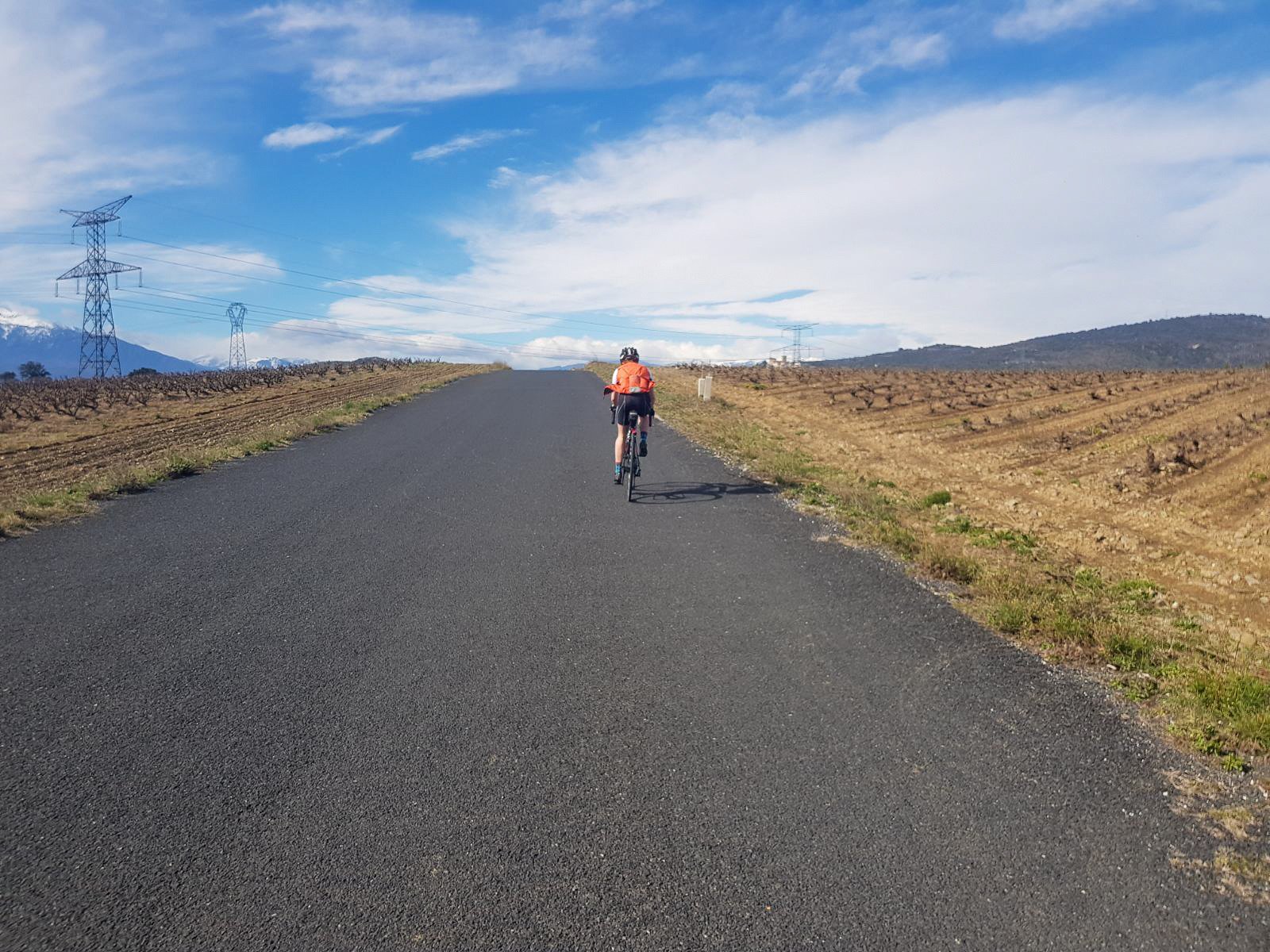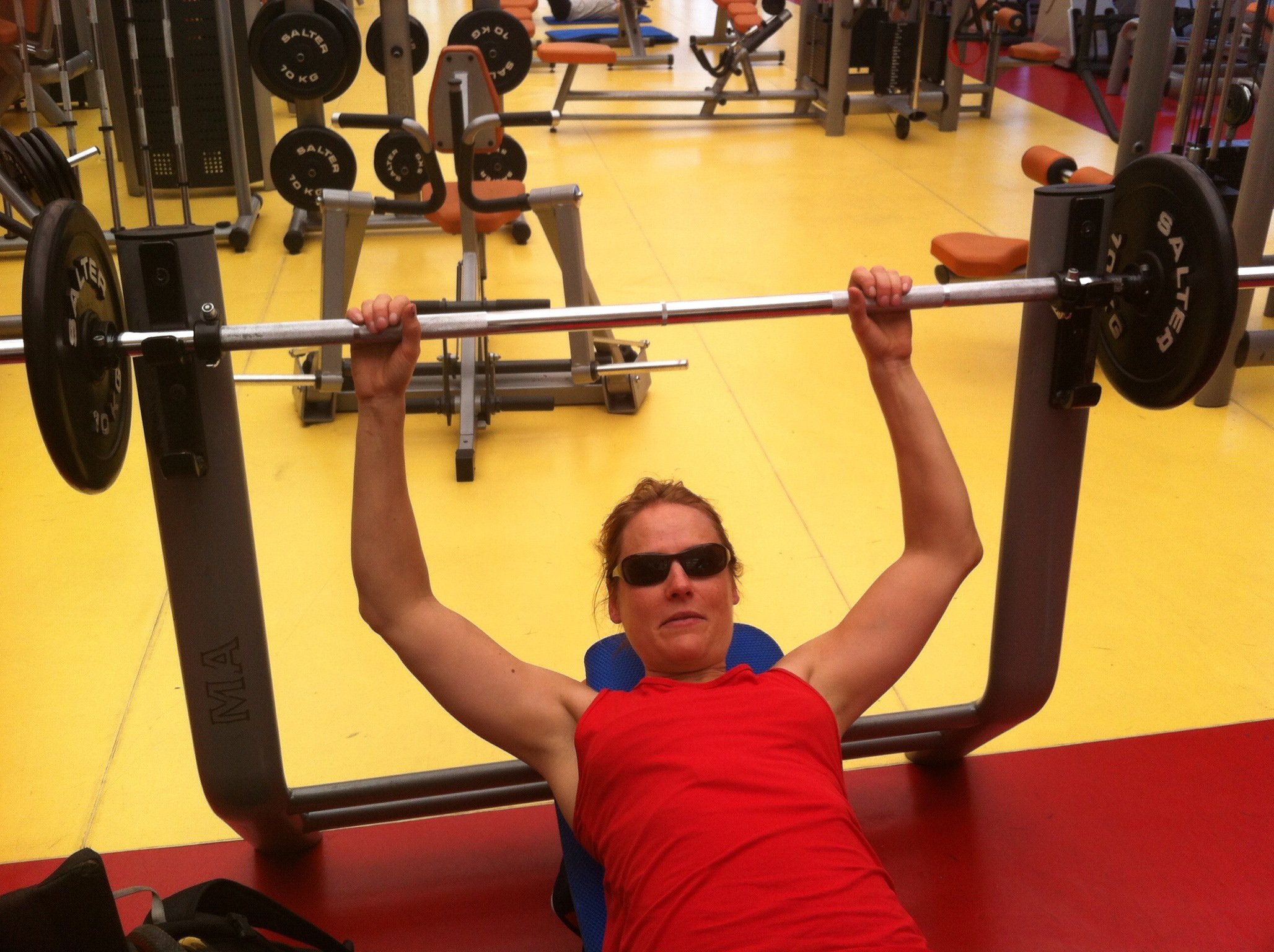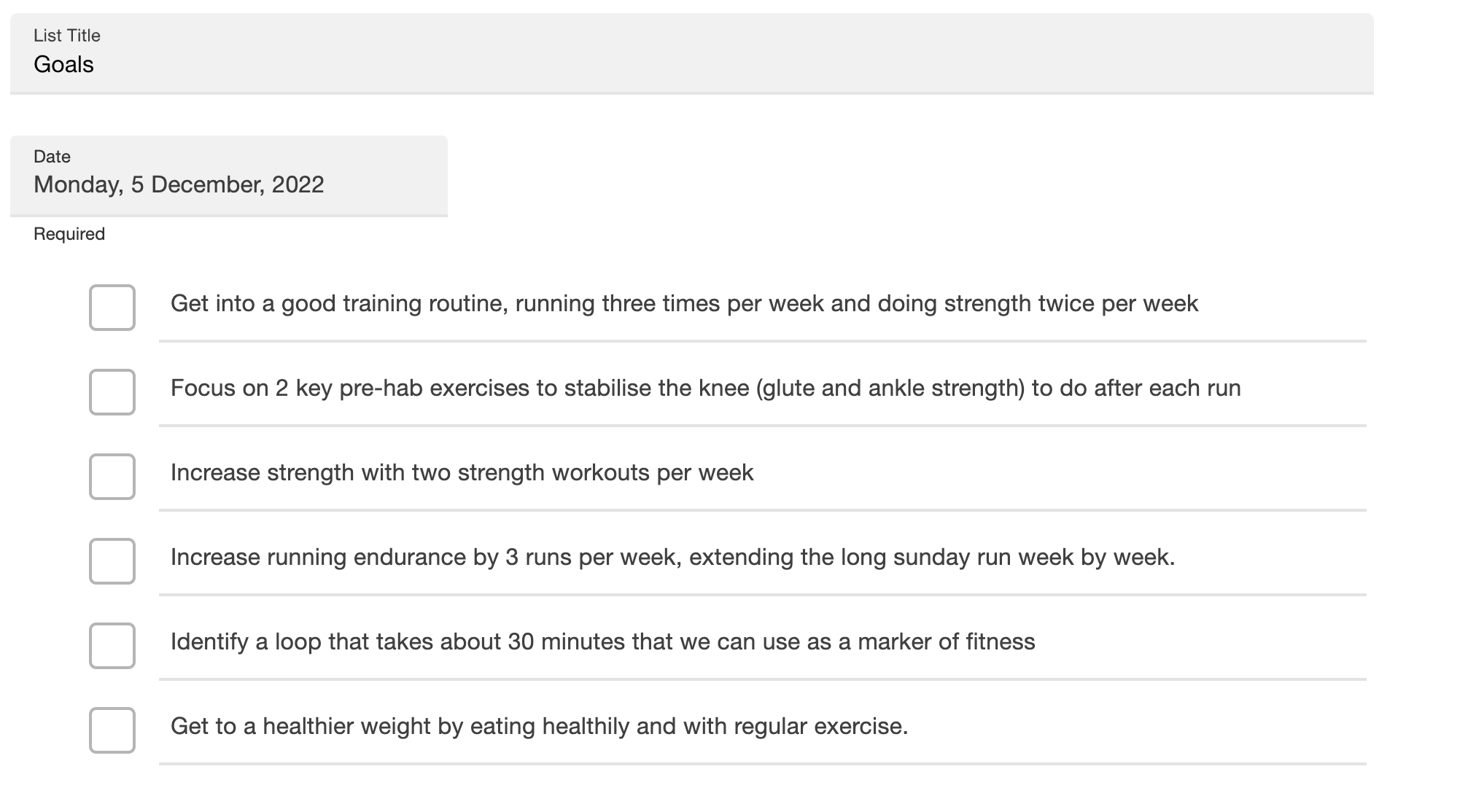10 Good Habits for Endurance Athletes

One of the keys to being a successful endurance athlete is consistency in training. Injuries aside, athletes that do well year after year develop good habits which support consistency in training. Whether you've just started training in the New Year or you've been training for a long time but are struggling to get a good routine, developing some habits that support that consistency in training will help you build fitness throughout the year. Here's some habits that I have found useful for both myself and athletes I coach.
1. Train at the same time each day.
2. Do the same types of training on each day of the week.
3. Do strength training regularly.
4. Have a good sleep routine.
5. Rest well.
6. Give each session a goal and stick to it.
7. Eat healthily.
8. Follow a plan.
9. Have some goals.
10. Have a plan for setbacks.

1. Train at the same time each day.
People often find it difficult to 'fit training in' to their busy lives, or find that despite their best intentions at the start of the day, things just get in the way. The easiest way to prevent this is to have a set time to train each day so that you know you can reserve that time. I like to put this in my calendar so I know I won't plan to do anything else at the time.
Once you and those around you know and get used to this routine it becomes easier for everyone because everyone knows that you won't be available at that time and conversely they know when you will be available.
It also means that there is one less thing to think about and plan when it comes to training so it removes a barrier to getting started.
Remember when planning your time to factor in the time it takes to get changed before and after.
2. Do the same types of training on each day of the week.
Whilst each training week is not exactly the same, doing the same types of training on each day can be another helpful way to remove a barrier for getting the sessions we are less keen on doing done. It also means that we are following a good routine with regards to hard and easy blocks within any one training cycle, which will help your mind and body adapt to the training stimulus. My preferred training week for athletes works something like this:
Monday - easy/rest
Tuesday - short endurance
Wednesday - speed and/or strength
Thursday - easy/rest
Friday - short endurance
Saturday - speed endurance and/or strength
Sunday - Long endurance
Whilst the days can swap depending on people's commitments this tends to be a pattern I try to follow so that within each week there are easy/rest days to promote recovery between key workouts.
3. Do strength training regularly

Some people love doing strength training, some people hate it. Endurance athletes will typically prioritise other types of training, but one of the best ways to stay injury free is to do regular strength training. As with point 2 above, if you do this on the same day of the week whether you like it or not it will become a good habit you get into.
However you choose to do it, in a gym, at home or at a class, having it as an established part of your training routine is far easier than waiting til you get injured before trying to create time to do it.
Good ways to promote the habit of strength training are:
Make it as fun as possible - join a class, listen to music, make it into a game by using an app, do it with a friend.
Add it on to something you already do - if you really struggle to do it, doing 3 key exercises after your usual morning run can be a good way to make sure you do it regularly.
Make the exercise environment nice - create a good space where you can do your strength, keep it tidy, put some motivational pictures on the wall.
Pick a routine and stick with it for a few weeks - if you have the same routine for a while it can remove the barrier of the 'fear of the unknown.' I like to focus on a few exercises for up to 12 weeks and work on maybe increasing the reps by 2 every second or third week.
Reward yourself afterwards - you may not notice the benefits of strength straight away so giving yourself an immediate reward after each completed session can be a good way to stay motivated - a coffee stop, a snack, even a star sheet - whatever works for you.
4. Have a good sleep routine.
There is good evidence to show that lack of sleep impacts training performance. Equally whilst we are sleeping our muscles are repairing and adapting to the training stimulus they have received during that day.
Whilst we may have to compromise sleep during an event, making sure that we are adequately rested for our training will improve its quality immensely.
A good sleep routine means going to bed at the same time and waking up at the same time each day, having a 'wind down' period before bed which is work free and screen free.
Typically a good amount of sleep would be 8 hours per night, but this can vary so it's a good idea to find what is optimum for you (I personally need 9 hours).
5. Rest well.
In addition to sleep as athletes we need a good balance between rest and training. The best way to adapt to the training you do is to rest after it. Athletes who rest well adapt better to the stimulus they give their bodies and come back stronger and fitter. So when your plan says 'rest day' or you have a 'recovery week' making that the focus is important. Having a specific routine that promotes rest and recovery is the best way to make sure that happens, so when you see those words on the plan you know exactly what you are going to do.
I like to have a check list for rest and recovery periods which includes:
Eat well
Drink plenty of fluid
Meditate
Spend time on another hobby (reading, watching tv).
Keep off my feet.
Have a lie in
Get some sport massage/physiotherapy
In theory recovery periods should mean you have some free time because you are training less, so planning something fun and relaxing in that time can be a good way to avoid just cramming in some extra work.
6. Give each session a goal and stick to it.
If you have already established what type of training you do on each day this should be relatively easy to do...in theory. However, it can be really easy for sessions to get sabotaged, either by others or yourself. How many times has your easy endurance become a race to the finish on club night? Or how many times have you just decided to go for it on the climb on your zone 2 run to get that Queen of the Mountains?
Good athletes know exactly what they want to get out of each session and stick to the plan regardless of what others might be doing. So, on hard days they go hard, on easy days they go easy, regardless of what others might want to do.
A good way to do this is to own your session:-
If someone else has planned it for you read the instructions carefully so you are clear on what to do and what the purpose is.
Make sure you do everything you can outside the session to promote execution of the session - eat at the right time, stay hydrated, get your sleep, allow yourself enough time; if others are joining you be clear about what you are doing so they can choose whether to do it with you or not.
Set the session up so that you are encouraged to follow it. For example a lot of sports computers now allow you to plan a structured workout which you can follow, even if this is just adding a target heart rate/power that you do not want to exceed.
7. Eat healthily.
Fuelling your training can make the difference between a good session and an awful one. Being mindful of getting in the right nutrients so that you remain at optimum health will help make sure that you have enough energy for your training and remain healthy. If you want to read more about healthy eating you can check out my blog on fuelling training.
8. Follow a plan.
The easiest way to establish a good training routine is to follow a plan. Whether you create this plan yourself, have a coach do it for you or buy one having something written down for each day will help keep you focussed, as well as providing you with some form of commitment to the training.
Good training plans include an overall goal as well as 'process goals' that will act as stepping stones along they way. Each session in your plan should have a clear purpose for you to follow, so you are clear about the goal for each individual session and how that contributes to your overall goals.
Check out our training plans here
9. Have some goals.
Endurance training is a big commitment in terms of time and energy; it's very difficult to keep that impetus going unless you know why you are doing it. Having some goals each year will help you keep focussed and motivated. Having a time each year when you think about your goals for the year ahead is a great habit to get into, and what better time than New Year?
In addition to your main goals it's good to have process goals; goals which are like stepping stones to the main event and which can form part of your newly found habit(s). I like to set goals for each block of training for my athletes so that we can keep a focus for each block and see whether we are on track.

10. Have a plan for setbacks.
Life does not always go the way we want or expect and sometimes despite our best intentions our training gets railroaded by other things; injury, life, work etc. It's a good idea to be prepared for setbacks and to have a way of dealing with them. There are a couple of ways to do this:
One is to think about and plan for possible setbacks that take place by creating a 'what if' list. The list might include things like
What if I get injured
What if I get asked to work overtime?
What if I or my partner or my kid(s) get sick?
What if I get too tired?
Another way is to have a generalised 'capture all' protocol for when/if things go wrong. So it might be
If I miss a day's training just accept that it's gone and move on with the plan.
If I miss a week's training talk to my coach so we can replan
If I miss more than a week's training have an easy week to reassess where I am now and plan my training from there.
If your training has been railroaded and you are not sure how to proceed or you would just like some help establishing a good training regime why not book a free 30 minute chat where we can discuss how you can move forward with a good routine for the year ahead?
January 6, 2023

Comments